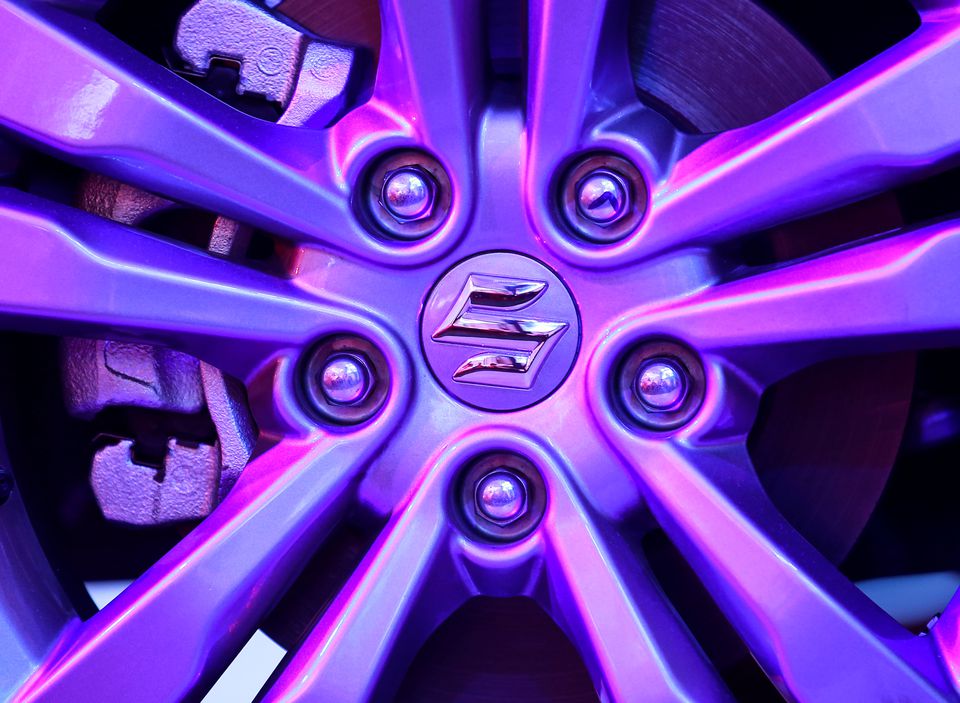GANDHINAGAR, India, Aug 28 (Reuters) – Suzuki Motor Corp (7269.T) will set up a global research and development company in India, its president said on Sunday, pushing deeper into a market that is set to become an electric vehicle (EV) hub for the Japanese carmaker.
The new company, a wholly owned unit of Suzuki Japan, will strengthen the carmaker’s R&D competitiveness and capabilities in India and other global markets, Toshihiro Suzuki told an event in Gandhinagar, the capital of western Gujarat state.
“India has become one of the most important countries for Suzuki Group,” he said, adding that Suzuki would keep investing heavily in the country.
Suzuki, which already builds combustion engine cars in India for its local unit Maruti Suzuki (MRTI.NS) and for export, will in 2025 start producing EVs at its factory in Gujarat. It is also setting up a separate plant in the state to build batteries for EVs starting 2026.
The Japanese carmaker has said it will spend more than 104 billion rupees ($1.3 billion) on its electrification plans in India, making it one of Suzuki’s biggest battery and EV investments globally. It has already invested 650 billion rupees in the country.
“India plays a significant role as a global automobile production hub in Suzuki Group,” Suzuki said.
Suzuki also has a joint venture with Japan’s Denso Corp (6902.T) and Toshiba Corp (6502.T) to build lithium-ion batteries for hybrid cars for local use and exports.
Suzuki is the majority-owner of Maruti, which dominates India’s car market with its small, low-cost vehicles. But the company faces growing competition as buyers shift to bigger cars such as sports-utility vehicles (SUVs) and regulators demand safer and greener cars, increasing costs.
India is also pushing carmakers to build more electric cars by offering companies billions of dollars in incentives.
Indian Prime Minister Narendra Modi said EVs are starting “a silent revolution in the country” and that his government was acting to boost demand and supply of these clean vehicles.
“This silent revolution is set to bring major changes,” he told Sunday’s event, which marked 40 years of Suzuki’s partnership with Maruti.
Modi laid the foundation stones of two major projects – Suzuki’s EV battery manufacturing facility in Gujarat and Maruti’s car-making facility in the northern state of Haryana.
Electrification is seen as a challenge for Maruti that wants New Delhi to incentivise all cleaner technologies, including hybrid and ethanol, and not just EVs, which it expects to launch only in 2025.
($1 = 79.9610 Indian rupees)









